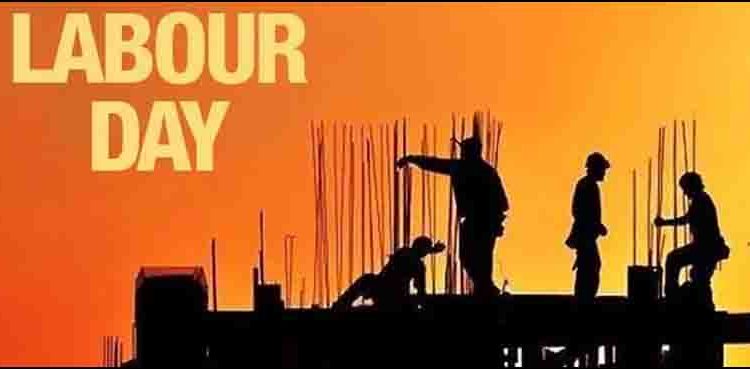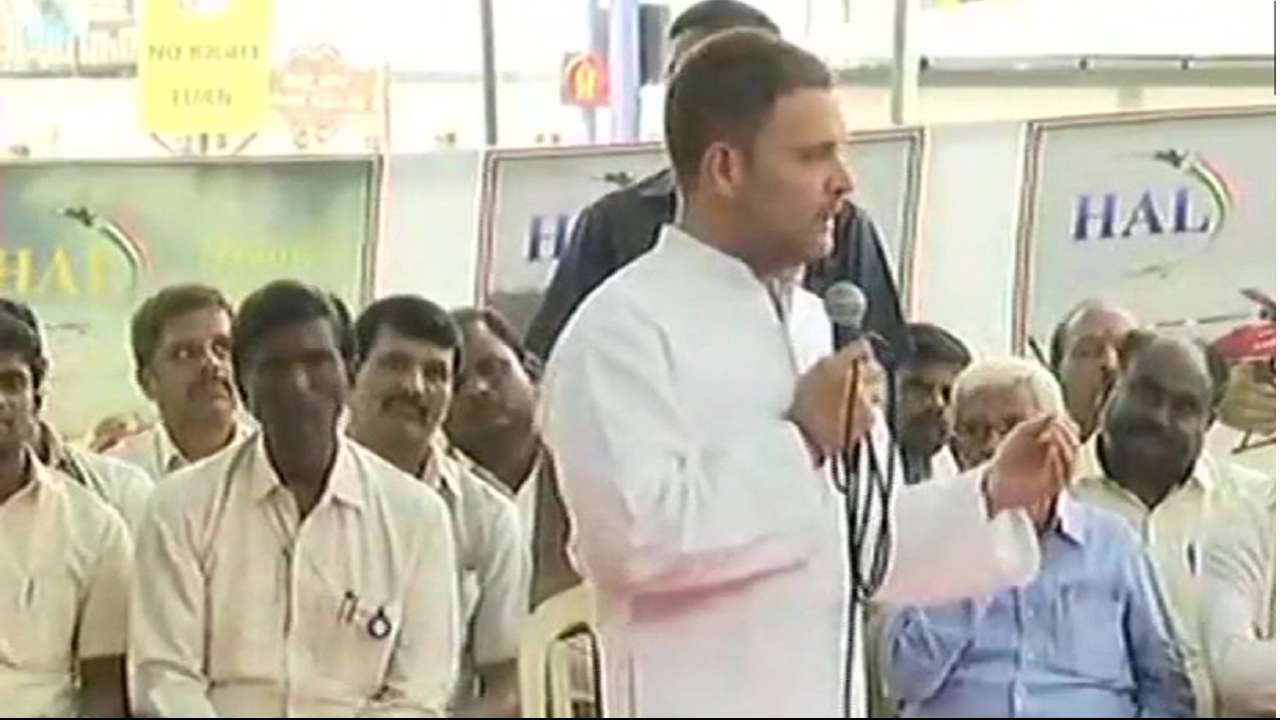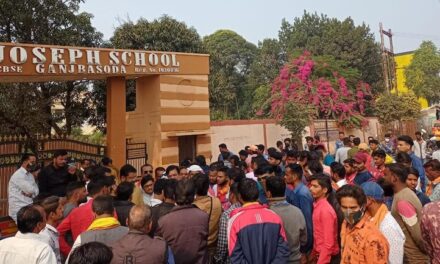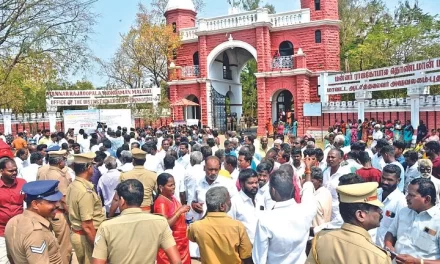[splco_heading size=”15″ align=”left” margin=”30″]As the third stage of the coronavirus lockdown 3.0 is scheduled to begin , millions of workers face the situation of returning to longer working hours . [/splco_heading]
Until to date so far six North Indian states have put GOs extending working hours from the currently mandated 8 hours per day to 12 hours per day.
The aim, say the governments, is to ensure that companies can operate with fewer workers and reduce the number of shifts, while meeting targets.
The Gujarat government, which passed its guidelines on April 17, said wages for the extra hours will be in proportion to existing wages. The rules also say that workers must be given a break after six hours.
The Rajasthan government, which passed the notification on April 11 extending working hours for three months, says this would allow firms to run operations for six days with a reduction of 33 per cent capacity of “people passing through the facility”.
Other states that have passed similar rules include Gujarat, Haryana, Madhya Pradesh, Punjab and Himachal Pradesh.
But questions remain over whether the workers will be compensated for the extra hours.
As per the Rajasthan rules, the additional four hours will be counted as overtime.
But several lockdown-hit businesses have expressed the inability to pay wages in full or in part. The new lockdown 3.0 has given umpteen of “do” and “don’ts condition that will ne very difficult to fathom for a common man . It is to be noted in India about 400 million people who live below poverty line (BPL) that means those who could only earn 37 Rs ( 0.5 US$ ) per day to be under BPL ..
[splco_spacer]
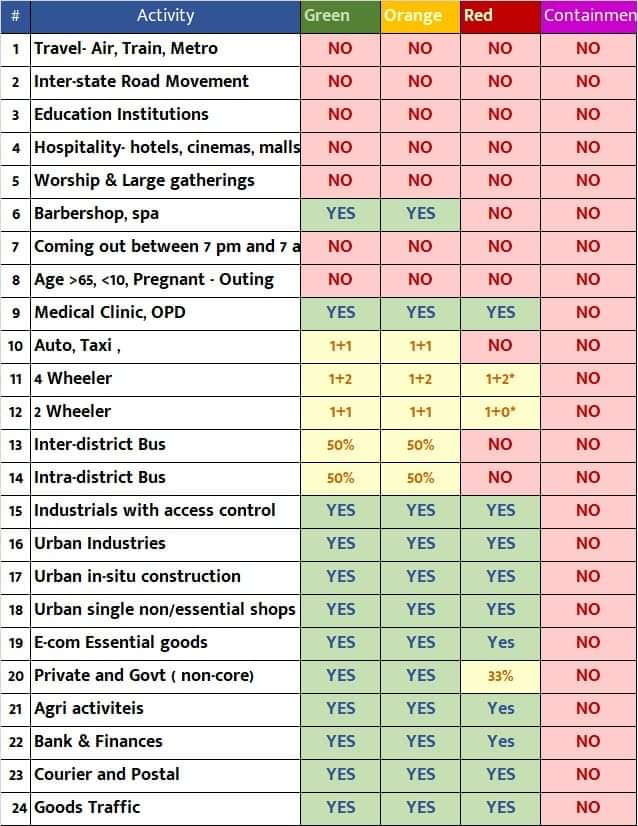
[splco_spacer]
“The eight-hour shift was won after years of struggle by working class movements.
[splco_quote]It cannot be changed arbitrarily by governments. The changes are illegal, and can be challenged in court,” said Chandan Kumar, coordinator of the Working Peoples’ Charter, a Delhi-based collective of workers’ organisations. [/splco_quote]

